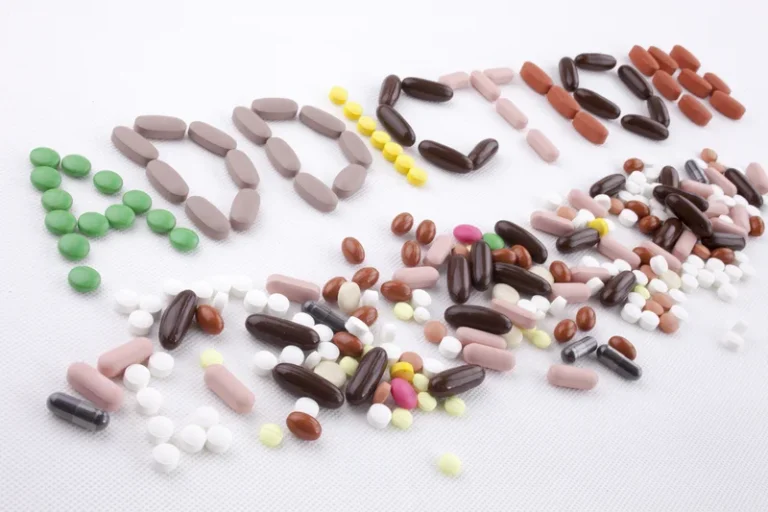
Drinking red wine in moderation may also reduce your risk of developing coronary heart disease, says Randy Gould, DO, FACC, a cardiologist at Manhattan Cardiology in NYC. Enjoying a glass of wine (AKA drinking in moderation) can be a part of a healthy eating pattern, but don’t feel like you need to start drinking wine if you aren’t already doing so to reap these benefits. Still, many other foods provide the same benefits—think antioxidant-rich foods like berries, nuts, olive oil, spices and vegetables—without facing the same health risks. “Red wine has also demonstrated anti-inflammatory effects,” says Gould. A 2024 study found that drinking red wine may significantly decrease certain markers of inflammation related to atherosclerosis—plaque buildup on the artery walls.
Can a Person Be Addicted to Just Wine or Beer?
Risk factors for developing alcohol dependence or misuse include drinking before the age of 15, genetics or a family history of alcohol problems and mental health conditions or a history of trauma. While red wine and white wine have similar nutrition profiles and alcohol contents, red wine has more antioxidants—the compounds responsible for most of its health benefits. Beyond the cultural aspect, many also perceive wine as a healthier option compared to other alcoholic beverages. For instance, research shows that red wine could be good for heart health when drunk in small amounts.

Signs And Symptoms Of Wine Addiction
- This time around, for the sake of research, this wine-every-day trial was worth a go.
- 2 When you begin consuming more than moderate amounts, your drinking habit has become problematic and is characterized as binging.
- They don’t happen to everyone, and the relationship between blackouts and addiction isn’t clear.
- With alcohol use, a person isn’t necessarily addicted to the drug, but it still causes major problems in their life.
- Research shows that even having just two drinks before bed can disrupt your sleep.
These include developing an alcohol dependence, which, in the long run, can have a greater negative impact on your life and health. Additionally, you will have a higher likelihood of developing certain types of cancer. “Research suggests that moderate wine consumption may offer several Drug rehabilitation potential benefits to overall health.
Red wine every day and sleep
- Unfortunately, millions of Americans are drinking much more wine than is deemed safe under medical guidelines, and many may be unaware of the risks involved with drinking an excessive amount of wine.
- ” Bressack agrees, explaining that in addition to your liver’s process causing problems for your rest, the substance can also raise a variety of other disruptive issues within your body.
- It doesn’t really matter why you’ve decided to stop and told yourself you wouldn’t drink that night.
- Life should be first on your list to enjoy and experience, not the newest bottle you’ve brought home.
- Suboxone (buprenorphine/naloxone) is indicated for the treatment of opioid dependence in adults.
This time around, for the sake of research, this wine-every-day trial was worth a go. Learn more here about the long-term effects of drinking wine every day and resources that can help you stop drinking wine if it becomes a problem. In conclusion, wine is not considered an addictive substance in the traditional sense. However, it’s still important to consume it responsibly, as is wine addictive its effects can be both positive and negative.
Drinking wine every day for a week
Red wine is one of the most enjoyed alcoholic beverages around the world. And it’s known to be high in polyphenols—a type of antioxidants that may lessen your risk of heart disease and might support your brain. However, these potential benefits don’t justify starting if you don’t drink wine. There are plenty of other drinks and foods with these same benefits that don’t come with the risks of drinking alcohol, which include liver damage, sleep disruptions and alcohol dependence. Moderate drinking means one drink per day for women and two drinks per day for men. When you start to consume more than moderate amounts, your drinking habit is characterized as binging.

Your evening drinking ritual has crept into the daytime.
The only way to feel better is by self-medication and you =https://ecosoberhouse.com/ have to keep upping the dose. Not drinking wine points to the question, what do wine experts really do? I can be expert about wine business and teach it, with zero need to drink whatsoever.
Question 1: Is Wine Addictive?

If I were still drinking, it never would have occurred to me to investigate these topics. I found that a lot of my work has been very seriously up-leveled as a result of not being a participant in the consumption, and not having to defend my position of “I deem these wines to be the best.” Isabel Vasquez is a bilingual registered dietitian practicing from an intuitive eating, culturally sensitive framework. She also offers intuitive eating coaching for Latinas to heal their relationships with food, particularly their cultural foods. The key is to moderate your consumption and acknowledge AUD signs when you feel you’re already experiencing them. As with many other forms of addiction, recognizing your addiction and the need to seek help is a necessary step toward recovery.
In contrast, in some cultures, alcohol consumption, including wine, is less prevalent due to religious or social norms. You could look at drinking alcohol like skydiving, Dr. Oesterle says. There is no recommended number of times that someone should jump out of a plane. It’s fun for some people, but there is no medical reason to do it or health benefit from it. Even though wine is very socially acceptable, this doesn’t mean that it can’t become an addiction like any other kind of alcohol. In fact, because wine is so common and isn’t necessarily seen as being a strong alcoholic option, it is easier for wine addiction to fly under the radar.
